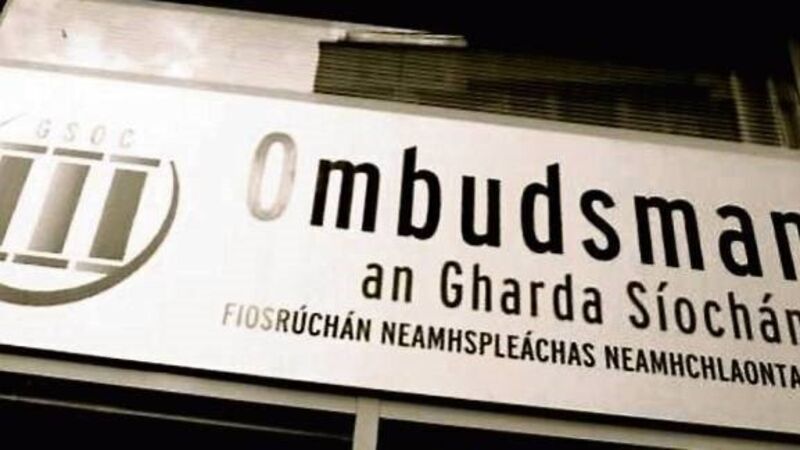Possibility of dismissal left hanging over garda

In December 2017 Member A was attending a Christmas party for his Garda station. At around 3.30am he left the bar heading for his hotel bedroom. While crossing the lobby there was a verbal exchange between himself and two civilians, a man and woman.
The exchange developed into a physical altercation. What transpired is the subject of criminal proceedings due before the district court in the coming law term.













